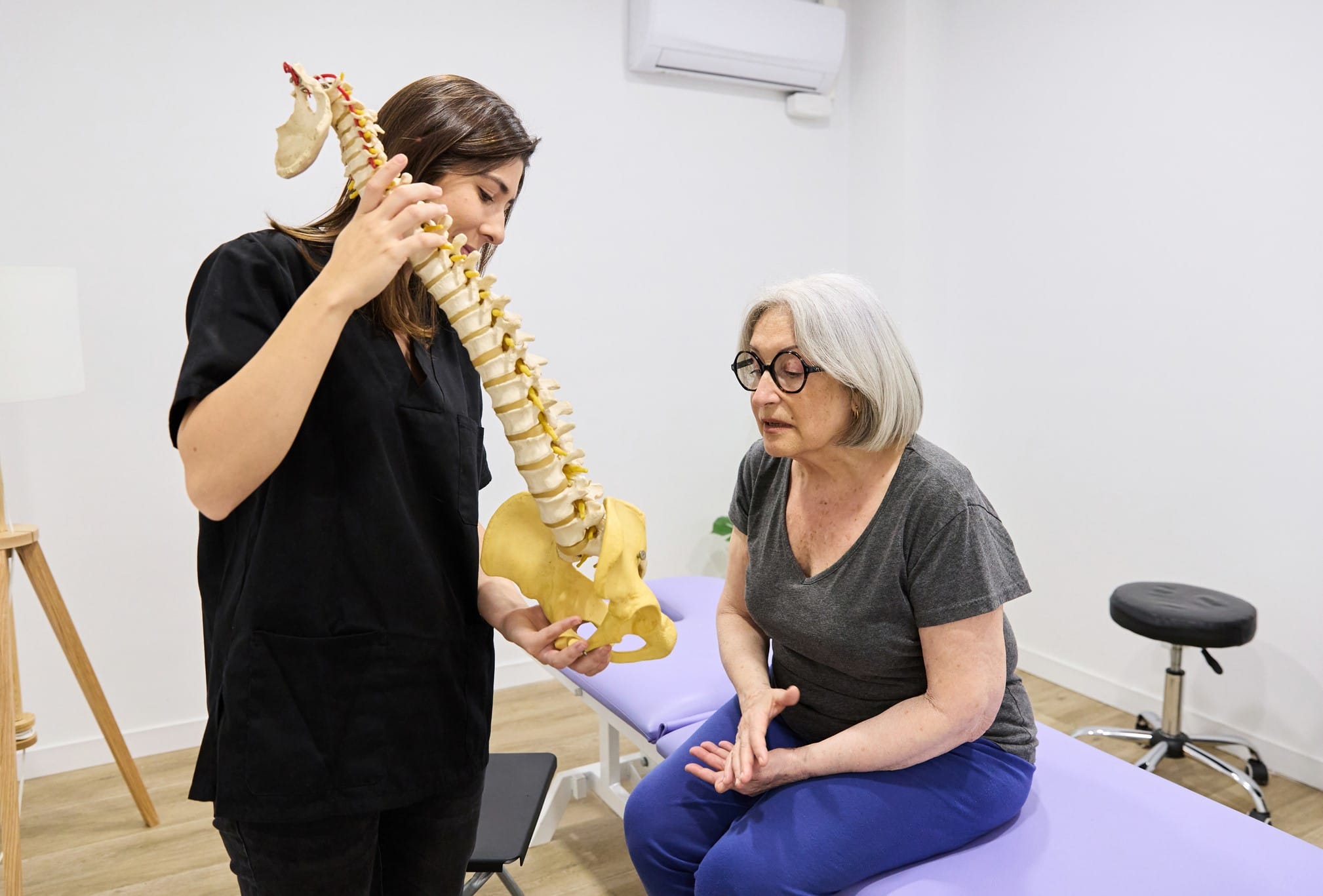Primary biliary cholangitis (PBC) is a disorder in which the body’s immune system acts against itself and destroys the small bile ducts of the liver. Osteoporosis, on the other hand, causes brittle bones.
On the surface, it may appear that these two diseases could not be further apart. In reality, however, they are biologically connected, as we will explore below.
The invisible links between PBC and bone health
Let’s first discuss the ways in which PBC contributes to osteoporosis.
Vitamin D
In osteoporosis, the bones lose their density and become more fragile, making fractures more likely. You may already know that vitamin D is important for bone strength and growth. Vitamin D happens to be a fat-soluble vitamin.
One of the roles of bile is to allow for the digestion and absorption of fat. But because the bile ducts are progressively destroyed in PBC, bile cannot be secreted normally. This means that fat — including fat-soluble vitamins — cannot be readily absorbed by the body. The bones thus lose a key element of their healthy growth and function.
Inflammation
But that’s far from all. PBC causes persistent stress to the body. This means chronic inflammation which can suppress bone activity, raising the risk of osteoporosis.
Learn more about PBC signs and symptoms
Missing nutrients
An indirect way in which PBC can cause osteoporosis is by malnutrition, meaning that you do not eat enough of the nutrients that your body needs.
This can happen subtly. Some patients who experience severe PBC symptoms, such as itching and fatigue, naturally cut back on what they do in a day. Sometimes, this can extend to cooking or eating a balanced diet. Not eating enough of the nutrients needed to support bone growth and strength can increase the risk of osteoporosis.
Steroids
Another way that PBC indirectly contributes to osteoporosis is via steroid prescription. While steroids can achieve an anti-inflammatory effect quickly, when they’re taken long-term they lead to many side effects. One of the side effects is osteoporosis.
In addition, some patients on long-term steroids experience weight gain, which can put additional pressure on the bones.
Do I have to worry?
In long-term illnesses such as PBC, it is common for the disease and its treatments to eventually affect other parts of the body, making you feel that some of your strength is gone. In addition, if you are a middle-aged woman (the group most frequently diagnosed with PBC), you are already at a higher risk for osteoporosis compared with the general population.
If you’re concerned about osteoporosis or have a family history of the disease, talk with your doctor about ways to look after your bone health. Osteoporosis can be measured (via bone density scans) and treated (with bisphosphonates and calcium). With the right lifestyle and treatment strategy, the risk of osteoporosis can be greatly diminished.
Sign up here to get the latest news, perspectives, and information about PBC sent directly to your inbox. Registration is free and only takes a minute.

